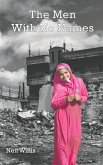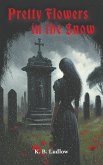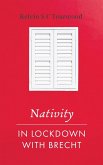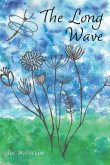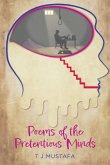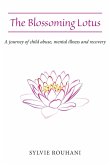People of the world all look to find their own position; firstly through family and friends, then the neighbourhood and finally work. Others prefer the commune of religion. All these influence the way they live and think, which in turn, allows them to find a cause close to our heart. But give people a democracy and you allow them to bloom, not just in their cause, but rendering them more freedom of thought. What could be better? The Men With No Names follows democracy in an insular town in Britain. This allows each person to have their opinion or put forward their own cause towards their fellow neighbours, as well as suggesting or rejecting ideas by the town mayor and council. Looking at the town's folk from afar is one man who has seen the world and has his quiet opinions, also influenced by his own experiences of war, but far beyond what he had expected. The book looks at past history that repeats through each generation, the struggles of the people to find who they are, and finally, to who are the heroes in our world, and those who think they are heroic in their cause. There is always more to learn, but the main concern is that most people only use the narrow mind that they know.
Bitte wählen Sie Ihr Anliegen aus.
Rechnungen
Retourenschein anfordern
Bestellstatus
Storno


